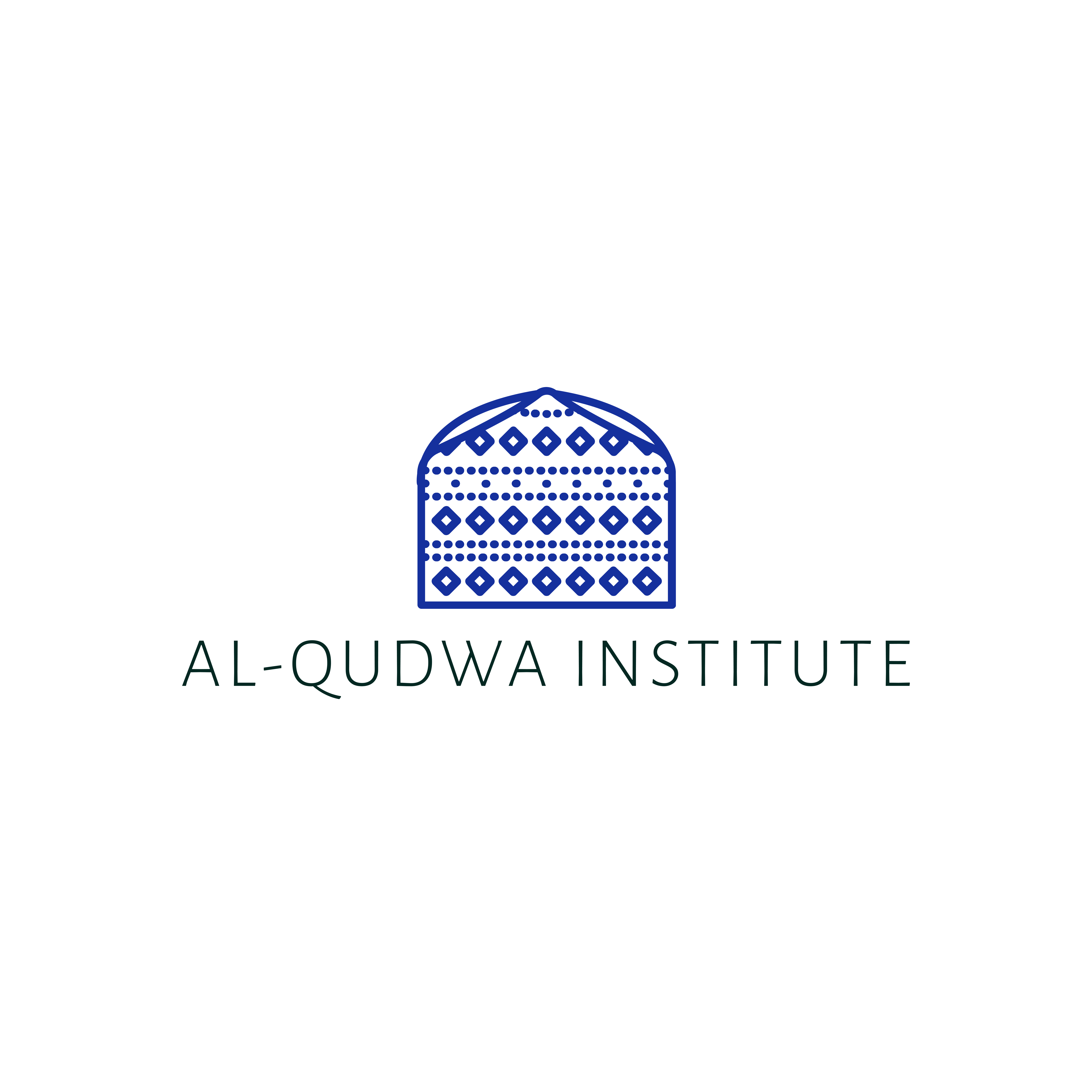Qur'an Manuscript Found in U.K
- Al-Qudwa Institute

- Jan 21, 2021
- 1 min read

The Birmingham Qur’an manuscript was acquired by Edward Cadbury in the 1930’s, who was building a collection of Middle Eastern documents in Birmingham in an effort to make it a centre for academic excellence. About 3,000 manuscripts were acquired by his agent, Alphonse Mingana from Iraq, who had settled in Birmingham. Mingana was a manuscript expert and became a curator for Cadbury. The manuscript was acquired by the University of Birmingham in 1999 after it was gifted by the Edward Cadbury Trust. However, the manuscripts were not discovered by researchers until 2015.
Explaining the context and significance of the discovery, David Thomas, Professor of Christianity and Islam and Nadir Dinshaw, Professor of Interreligious Relations at the University of Birmingham, said: “These portions support the view that the text has undergone little or no alteration and that it can be dated to a point very close to the time it was believed to be revealed.”

Susan Worrall, Director of Special Collections, University of Birmingham’s Cadbury Research Library said: “The radiocarbon dating has delivered an exciting result, which contributes significantly to our understanding of the earliest written copies of the Qur’an. We are thrilled that such an important historical document is here in Birmingham, the most culturally diverse city in the UK.”



Comments